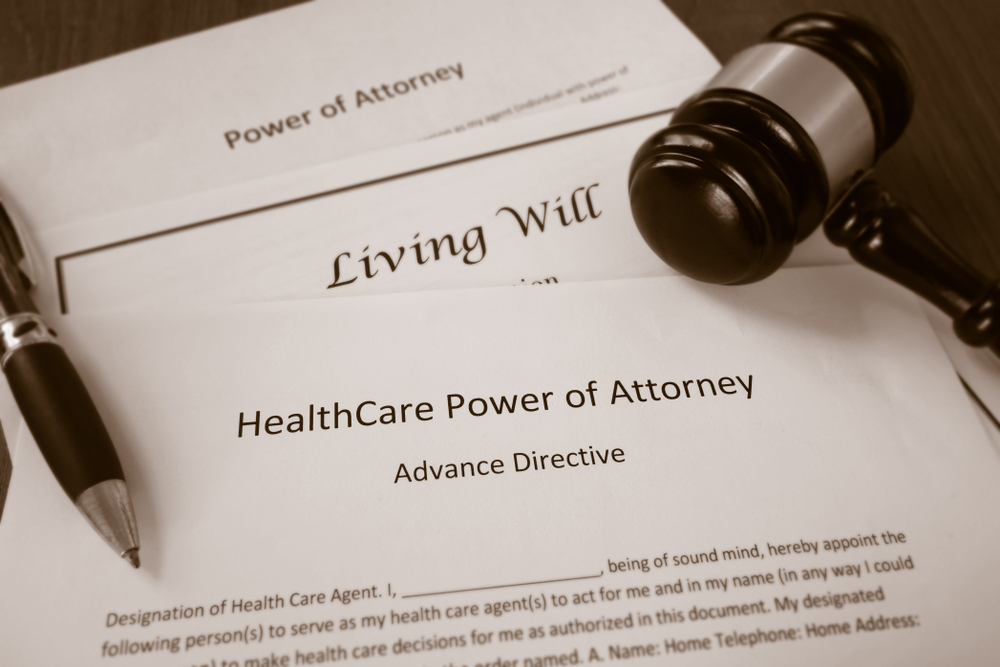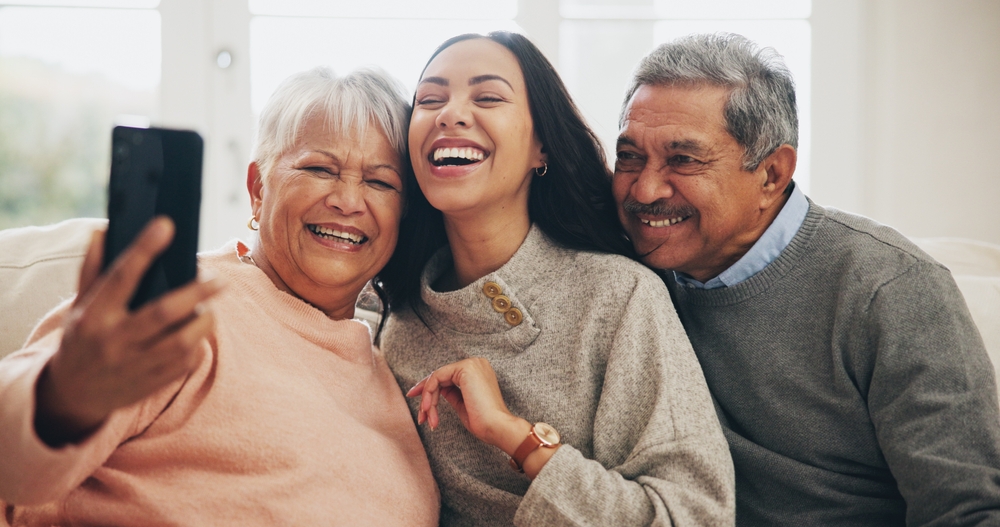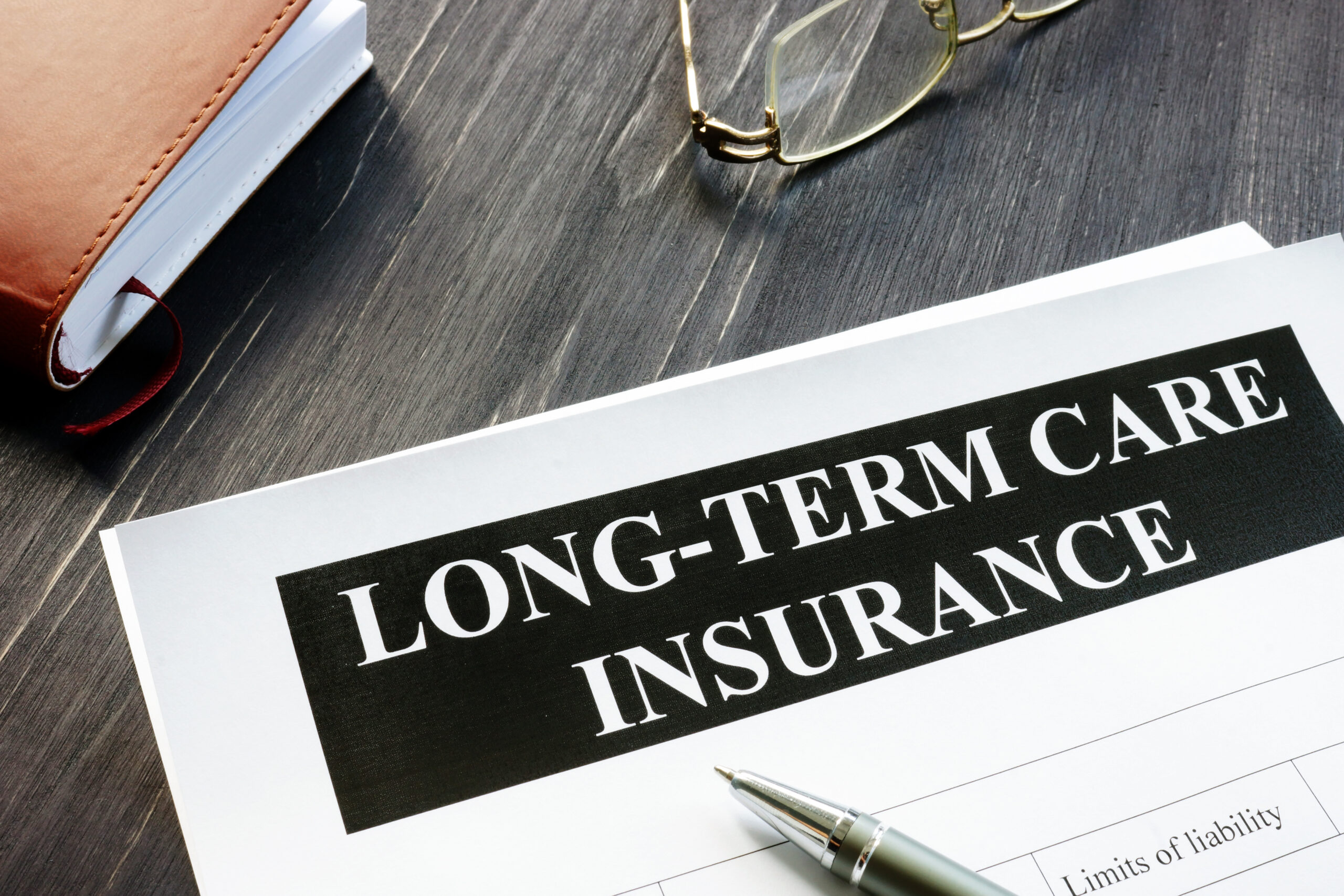Takeaways Advance directives, including health care powers of attorney and living wills, are crucial for…

States are Limiting the Ability to Sue Nursing Homes Over COVID-19
Nursing homes by their very communal nature and frequent movement by staff among rooms create conditions where viruses and disease can easily spread. Before the coronavirus pandemic, a Government Accountability Office (GAO) report in 2019 found that 82 percent of the 13,000 nursing home facilities in America were cited for problems related to the control of infection. It comes as no surprise then that when the pandemic reached the US, many of these nursing homes were prime breeding grounds for the spread of coronavirus with devastating consequences.
Similarly to the GAO report, patient advocacy groups and legal organizations cite that long before the pandemic, many nursing homes and other long-term care facilities were unwilling or unable to meet basic federal safety, health, and staffing standards. Now, as the death toll of America’s elderly in nursing homes reaches disastrous proportions, rather than doing more to hold these facilities accountable, increasingly states are protecting them from lawsuits. Most governors set emergency orders in place to respond to COVID-19. These orders triggered pre-existing provisions of state law protecting health care providers called on by the state to assist in an emergency. Under the guise of public interest, the orders grant immunity for good faith efforts.
Taking Action in the Healthcare Industry
More than 21 states have taken action to limit the liability of health care providers. At least nine of these states are specifically including nursing homes in this protection. The healthcare industry is calling for comparable protections in other states and at the federal level as well. Nursing homes and other long-term care facilities are connecting with other trade organizations such as non-profit organizations, education institutions, manufacturers of therapeutics and vaccines, and others. They are banding together to get Congress to pass legislation protecting them from onslaughts of frivolous lawsuits and legal liabilities as they reopen. According to theconversation.com, nursing homes are looking for protections “from aggrieved residents and their loved ones who may have suffered harm, injuries, or death to their actions – or inactions – during COVID-19.”
Healthcare Industry Shifts During COVID-19
The healthcare industry argument for these protections is the need for staff members to feel safe while making decisions with limited resources and that federal and state regulations, in conjunction with family visits, provide enough oversight for nursing home residents. However, the rules and their enforcement have been on the decline in recent years, regulatory penalties are low, and the advent of the coronavirus pandemic precludes family members from visiting nursing home residents. Industry protection from lawsuits is part of a larger trend to avoid liability. State malpractice reform laws that limit damages or create additional actions for plaintiffs, often include nursing homes. Now that many states are providing these liability limitations, residents and their families have little recourse to hold the facilities to account.
Even without state protections, nursing homes often include arbitration clauses in their admissions contract to prevent resident or family filed lawsuits.
Sadly, more than 43,000 long-term care facility residents and staff have perished due to COVID-19. The Kaiser Family Foundation reports this number represents more than a third of the nation’s known coronavirus deaths. At the same time, many experts warn this figure is an undercount as not all states are not yet publicly reporting data. For the latest available data, the Centers for Medicare and Medicaid Services (CMS) has posted federal data regarding COVID-19 nursing home data. Poor infection control, sluggish mitigation protocol adherence, inadequate staffing, and personal protective equipment all led to a breakdown of health standards that exposed and killed many of our most vulnerable. As grieving family members look for answers and accountability, industry lobby groups and state laws are protecting facilities from coronavirus liability.
If you have questions or would like to schedule time to discuss your personal situation, please contact our Indialantic and Viera offices by calling (321) 729-0087.



